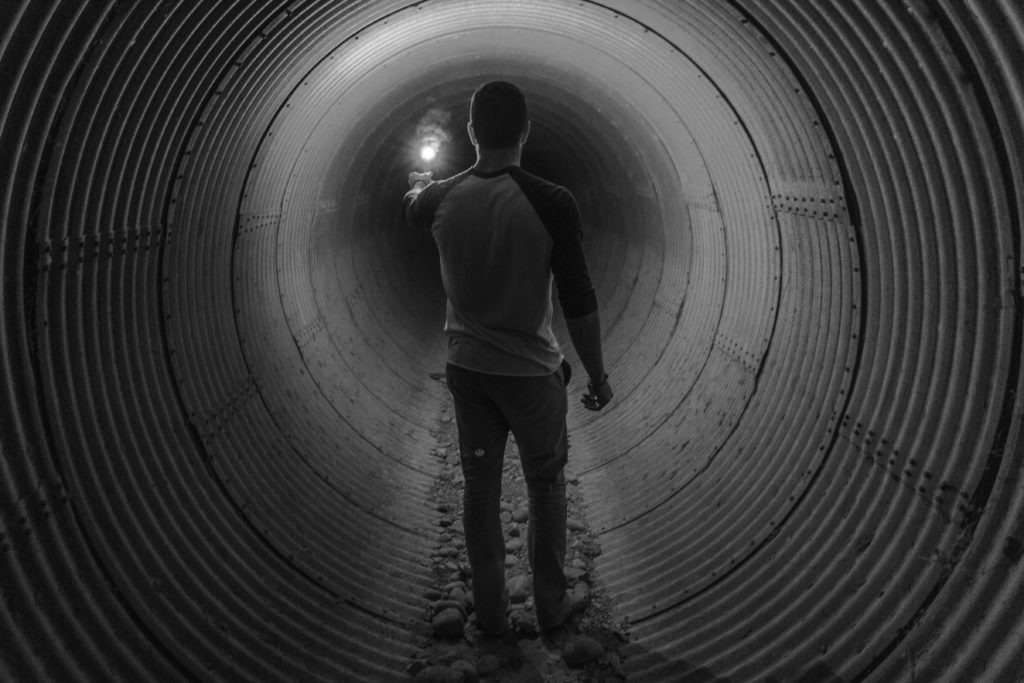Hiding from the world
One of the most challenging aspects of having a disability for me has been dealing with the shame of it. I spent my first 25 years of life hiding my disability from myself and from others. I instinctively avoided exposing situations and came up with stories to cover up. For example, we had a stairlift at my house growing up because it was difficult for my mom to walk up and down the stairs. I used to tell friends that we had it to transport their rare books up and down the stairs.
At 42, I am still dealing with the repercussions of hiding for so long. My default response is to avoid exposing situations. It is easier now to share with people about my disability. It’s no longer something I can hide. As a parent, there is an extra layer to contend with, my 13-year-old son’s feelings of shame.
I wrote an article a couple of years ago on my Love After Kids site about going to one of his soccer games in my wheelchair. I don’t normally use a wheelchair, except for places with difficult terrain, or that require a lot of walking. My son couldn’t even look at me when I was there. It was too much for him. You can read about my experience here.
Difficult discussions
The other day, we were sitting around the table talking about an upcoming visit to a school we are looking at for him for next year. It’s an event for prospective parents and children. The buildings are accessible, but it’s a big campus. Eric asked if we can watch it online. I could tell that his wheels were spinning, that he didn’t want me to go in my chair. I asked him about it and we launched into an intense two-hour discussion about his experience and mine and what we can do about it.
He said he doesn’t want to be known as the kid whose dad is in a wheelchair. He’s at an age where he thinks that is the only thing people will focus on. It makes him different in a way that he doesn’t want to be. Of course, it is difficult and painful to know that I would be a source of shame and embarrassment for him. It feeds my own feelings of shame. I shared with him the story of the stairlift when I was his age. I told him I can understand better than anyone. I had an extra layer growing up of dealing with the fact that I had the same disability as my mom. Luckily, he doesn’t have that to contend with.
I told him that the last thing I want to do is embarrass him. He said he knows. I said that we have a choice to make as a family and that I have a choice to make too. I/we can choose to avoid situations like these, to hide from the world and feed the shame, or we can face these situations and deal with the feelings as they arise. The more we do it, the easier it will be.
Nothing worse than the shame of it
I also told him that I am responsible for dealing with my own shame. It’s not his choice whether or not I go to the event. It’s mine. If I use the excuse of not going because he doesn’t want me to go, that wouldn’t be fair to him. I told him this. I also told him that my hope is that with time he can say to people that I am his dad and that I have a disability and it’s not my defining quality in his eyes, but it is part of what has made me who I am.
It was an exhausting conversation. Deb said to me it’s like giving birth. It’s true, except the gestation period lasts a lifetime. I am holding the vision of continuing to confront these situations so that each time it empowers me and us as a family a little bit more. It reminds me what my former therapist in New York told me once: “There’s nothing worse than the shame of it”.
If you haven’t already read the book, it’s a great place to start: Living With Chronic Illness Handbook.
David B. Younger, Ph.D. is a clinical psychologist specializing in working with people with chronic health conditions with a web-based private practice and lives in Austin, Texas with his wife, 13-year-old son, 3-year-old daughter and 5-year-old toy poodle.
Originally published at chronicillnesstherapy.com


